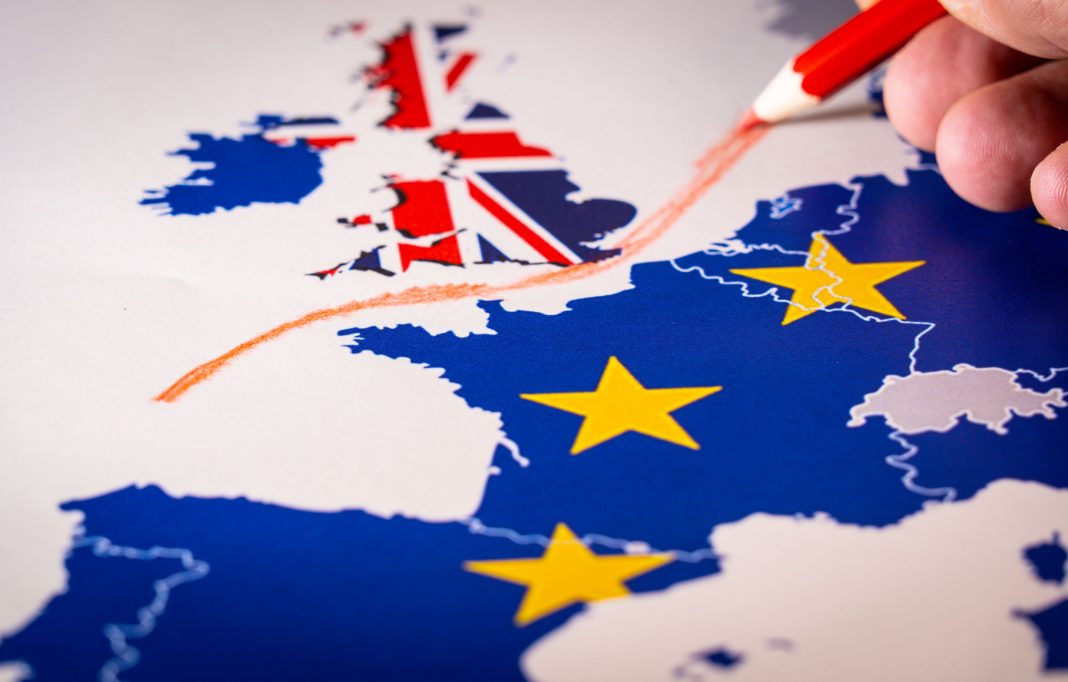The UK eventually left the EU on 31 December 2020 after the eleven-month transition period ended and both sides entered a new era of relations in areas such as migration. Migration was a major concern in the 2016 referendum on withdrawal from the EU. Some critics believe that the UK decided to leave the EU because of migration issues and that the British wanted to take stricter control of their borders and free movement. But after several years of EU membership, the new conditions will have impacts on EU citizens already living in the UK and those who want to apply to enter the UK for work or study, and UK nationals who are already in the EU region. Changes in immigration laws will come into effect soon between London and Brussels, and they will affect almost three million EU citizens who are living in the UK and one million British nationals who are residing in EU countries.
After the Brexit transition period, anyone entering the UK is subject to immigration controls. Regardless of whether they are EU citizens, the points-based immigration system applies to people who enter the UK. According to the new system, citizens from the EU and European Economic Area (EEA) who are allowed status under the EU Settlement Scheme are also required to apply for a visa under the stricter rules as from 1 January 2021. The UK is taking full control of its borders and free movement for EU citizens will come to an end; but this does not mean there will be no more immigration to England; the same rules also apply to the devolved administrations of Scotland, Wales and Northern Ireland.
In the last decade, the nature of immigration to the UK evolved. A greater number of people of different nationalities entered the country and the immigration experience changed. During the last decade, newcomers to the UK were from more varied countries and their stay was shorter than compared to the previous decades. New rules and regulations do not mean that there will be no more migrants, but there will be more restrictions on borders and the number and types of professionals coming to live and work in the UK will be different. The annual net migration rate will be reduced and the same system will apply to both EU and non-EU citizens. There will be an emphasis on skill-based migration and those who want to work in the UK, including EU citizens, have to apply for a visa and must get 70 points for a work permit. The points-based system is based on distinct sets of skills and qualifications, which means those who do not qualify will not get a visa. Of course, the new rules may lead to the exploitation of migrants, because they may not report abuse in the workplace to keep their immigration status, or it may discriminate against those with physical disabilities.
Freedom of movement and immigration for the citizens of both the EU and the UK is now a big hindrance following the UK withdrawal from the EU. UK passport holders will be third-country nationals in EU member states and this will also affect their rights as EU citizens. Reciprocally, citizens of EU member states will be subject to UK immigration laws. The Withdrawal Agreement guarantees a smooth transition for work and residency permits for those leaving the UK. UK and EU citizens, pensioners and economically inactive people are also included in the Withdrawal Agreement.
Another issue related to changes in immigration after Brexit is the Erasmus student exchange programme which is the European Region Action Scheme for the Mobility of University Students funded by the EU. The UK Prime Minister, Boris Johnson, has said that London will no longer take part in the programme and that this will be replaced with a new system under which students will have the opportunity to attend European universities and also the best universities worldwide. Of course, students in Northern Ireland are an exception, and they can continue to take part in the Erasmus Programme. Although the coronavirus affected student mobility in the UK in 2020, half of UK students still participated in the Erasmus Programme.
There were two issues dominating the UK 2016 Brexit referendum. One was the economy and the other one was immigration. The UK announced it is going to take full control of its borders and the withdrawal from the EU finally took place on 31 December 2020. Free movement ended between the two sides of the channel. From 1 January 2021, EU citizens and those residing outside the EU are now treated the same in the UK. It means that those EU citizens who wish to go and work in the UK have to undergo the same process and gain enough points to enter the UK as other nationals. Students from the EU are also considered as foreign students and not eligible for the previous programmes. The new rules and regulations will definitely have huge effects on the lives of both sides.

